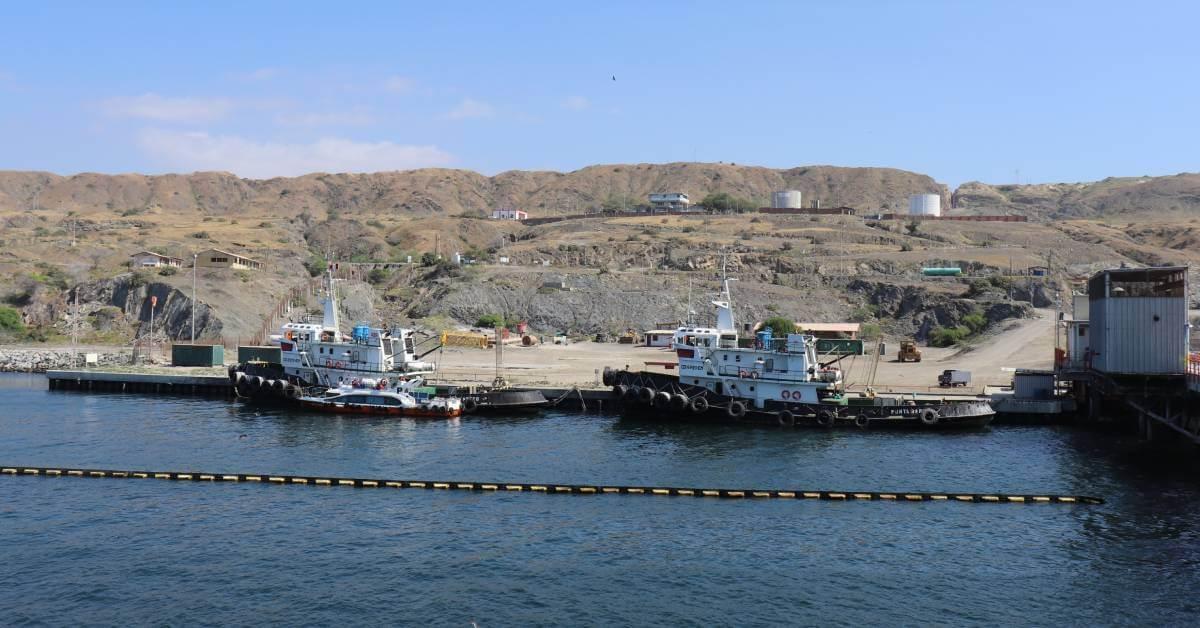Petroperú's Bayóvar Terminal stands out for fulfilling its environmental obligations

The National Port Authority (APN) validated compliance with environmental obligations by the Bayóvar Port Terminal of Petroperú, the final station of the North Peruvian Pipeline (ONP), thus demonstrating that its operations are efficient and environmentally responsible.
Among the evaluation actions carried out, the maintenance and improvements in the 11D-3 and 11D-8 crude oil storage tanks stand out; the major maintenance of the four loading arms of the dock; the cleaning and painting of the dock facilities and the enabling of waste collection points in that place. Compliance with environmental monitoring, solid waste management and verification and training of the correct use of contingency equipment for possible oil spills were also assessed.
This port facility, specialized in handling liquid hydrocarbons, has other certifications granted by the APN, such as the Declaration of Compliance of the Port Facility (DCIP), under the provisions of the International Code for the Security of Ships and Port Facilities (ISPs Code); as well as accreditations of Special Port Facility (CIPE) and Port Facility Security (CSIP).
For this year, Petroperú's Bayóvar Terminal has set itself the objective of achieving certification in the Environmental Management System, under the ISO 14001:2015 Standard and the Occupational Health and Safety Management System under the ISO 45001:2018 Standard, which will represent a competitive advantage for the company.
Bayóvar Terminal
The Bayóvar Terminal is of the utmost importance in the industry because it is characterized by a sea of low waves, which means that on very rare occasions it presents the closure of the port. In addition, it boasts a draught of 27 meters that allows it to ship and unload crude oil, with heavy vessels: its dock is designed to receive vessels of up to 250,000 deadweight tons (1.5 million barrels).
To date, imported and domestic crude has been stored to guarantee the operational continuity of the Conchán refinery, while providing the supply of raw material for the start-up and stabilization stage of the New Talara Refinery.

